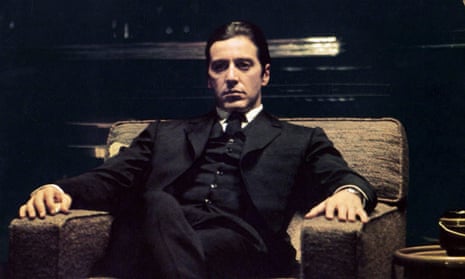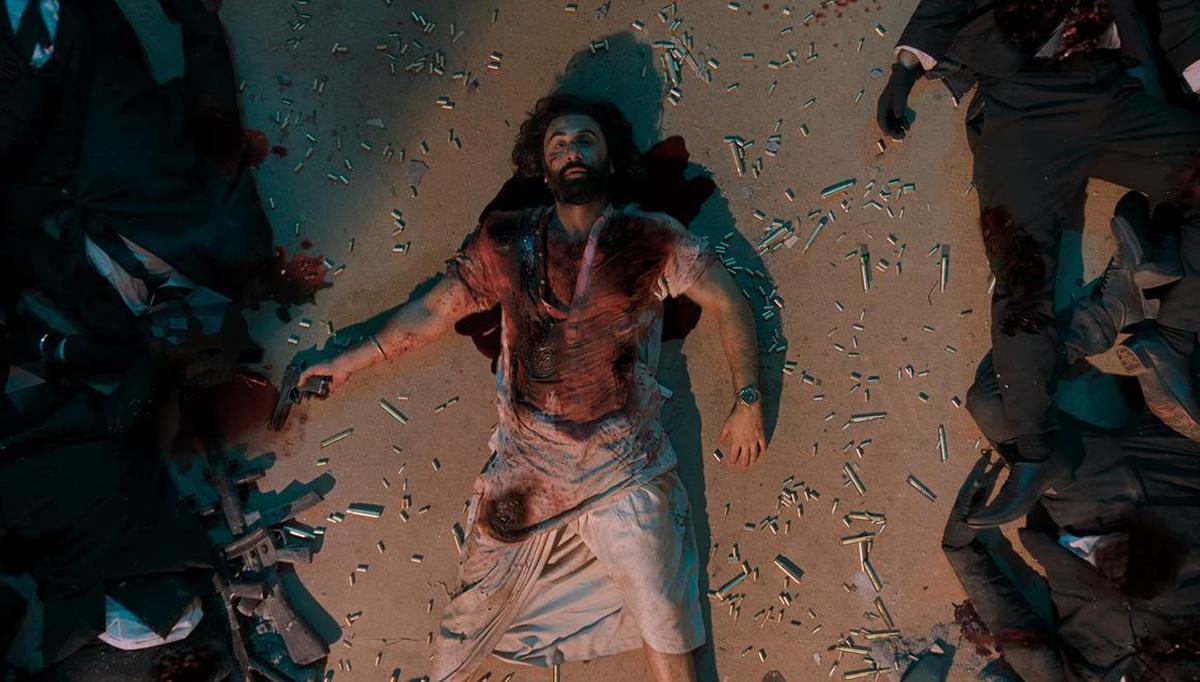“A man who doesn’t spend time with his family can never be a real man.” Vito Corleone, The Godfather
Beyond its captivating music, the director’s uncompromising storytelling, impeccable attention to detail, and visually striking cinematography, Animal polarised its audience due to its portrayal of violence and controversial themes, which is not the primary focus of this blog post. This piece is more of a personal take, analysing the film and its inspiration.

At the heart of it, The Godfather is a film that explores complex family dynamics and loyalty despite its gangster movie exterior. At the same time, Animal is a heavily stylised gangster movie, posing as a family drama. Which is better? It depends on the individual.
Characterisation
Transcript: In my home! In my bedroom, where my wife sleeps! Where my
children come to play with their toys. In my home.
As someone who has rewatched Arjun Reddy about thirteen times, I must acknowledge the avant-garde cinematic vision Mr Vanga brings to his work. An undeniable rawness draws you in and leaves you wanting more. (If I delve into the specificities of why his films feel different, this post would risk becoming a thesis.)
Similarly, Animal is a film that thrives on shock value, keeping the audience hooked. Yet, the film falls short due to its lack of character depth and superficial portrayal of masculinity, failing to attain the emotional resonance found in The Godfather. This is where the difference lies. This is why I would willingly revisit Arjun Reddy but not Animal. After one point, the body doubling and the jarring cheating trope in the name of daddy love feel exhausted and diminish any potential hope for relatability (and, may I say, narrative unreliability?)
Some might argue that Ranvijay is not a character made for audience empathy. On the contrary, the director wants us to understand and even sympathise with him. A case in point: the climax scene in which he cries inconsolably. Movies often feature morally grey or hateful characters, but there’s usually a clear emotional core even in those cases. Animal struggles to achieve this consistency and constantly juggles with our perception of Ranvijay.
Personal Reflection
Animal surely captivated its audience with sensory experiences— such as shock tactics, rhythmic dialogue, atmospheric score, and shifts in storytelling —creating an experience that’s hard to ignore. However, once the dust settles, a closer look (perhaps a rewatch or further thinking) reveals the lack of character depth and plot complexity beneath the surface. I think the controversies surrounding the film and the director himself overshadow the film’s actual shortcomings. Hence, this blog post.
Despite the masses’ keen reception, reflected in its box office collections, the movie ultimately left me with a hollow feeling due to its reliance on style over substance. What, with a few tweaks, could’ve easily been a homage to the classic, missed the mark so dramatically.
Conclusion
Sandeep Reddy Vanga aimed to create a compelling father-son love story with Animal, but it ultimately fell short due to its lack of character development, nuance, and substance. It’s a film that’s easy to admire for its audacity but difficult to connect with on an emotional level (unless you can fully detach a movie from the standard moral compass and associate no emotional value to it).
Thank you for reading so far and going on this ride with me. I appreciate it :)

.png)

No comments:
Post a Comment